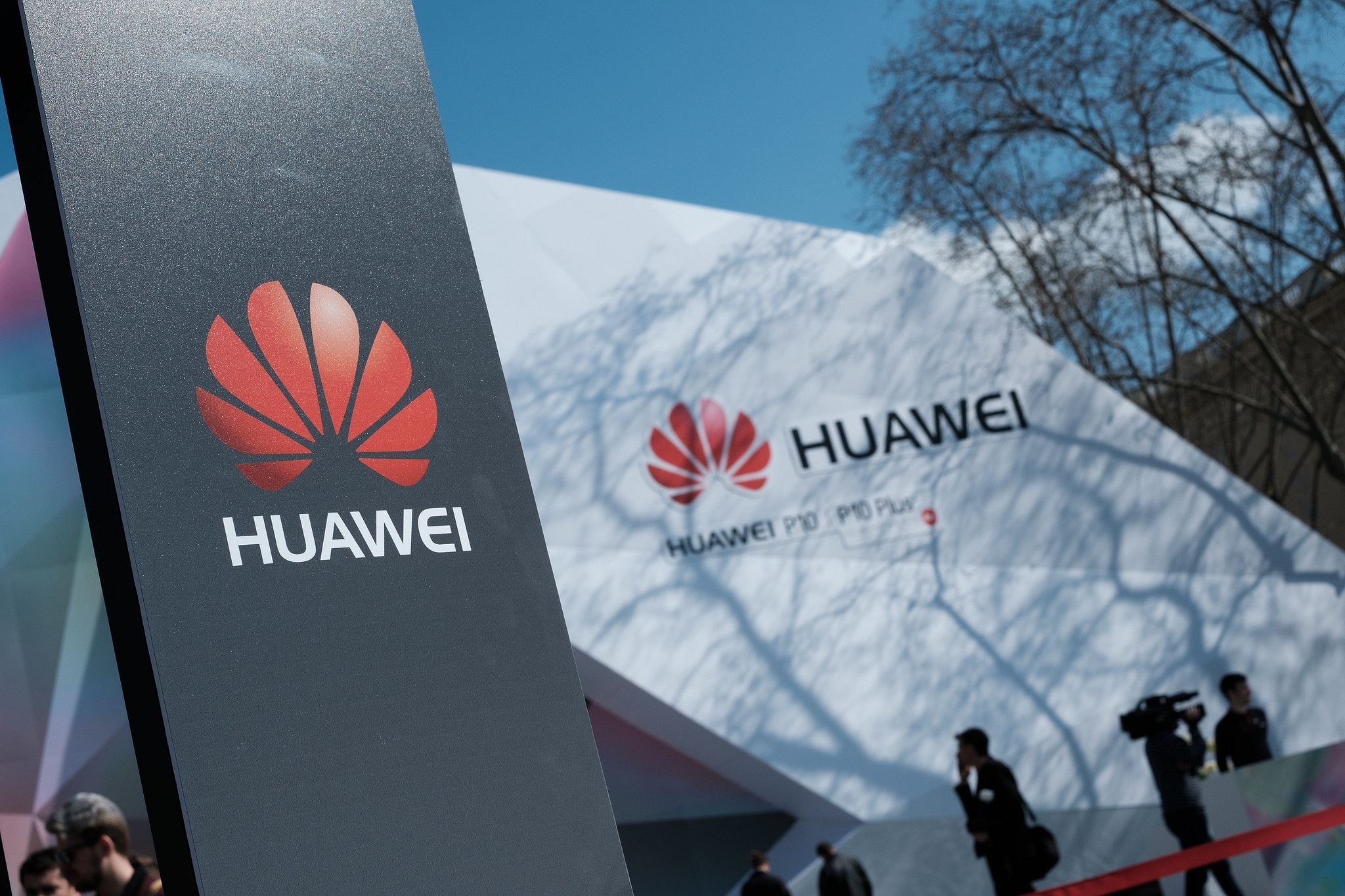World
Huawei 5G Ban In The UK Has Taken A Toll On Chinese Company’s Revenue And Profit
- The Chinese tech giant Huawei was excluded from the United Kingdom's 5G network in July last year.

(Flickr)
The economic impact of the British government's ban on Huawei equipment in 5G networks was highlighted by the Chinese company's branch in the United Kingdom reporting falling revenue and profit.
Huawei's UK branch saw its turnover drop 27.5 per cent to £913 million ($1.28 billion) in 2020, as the company's top lines were hurt by the United Kingdom's decision. In spite of a £26 million ($36 million) cost decrease due to reduced personnel and travel expenses, the operating profit before interest and tax fell by a quarter to £36.4 million ($51 million), according to Financial Times.
The business in the United Kingdom is a minor part of Huawei's larger operations, which saw revenue rise to $137 billion in 2020 but operating profit fall to $11 billion.
The Chinese tech giant Huawei was excluded from the United Kingdom's 5G network in July last year, reversing an earlier decision to allow the Chinese company to work on the key telecoms infrastructure.
At that time, Oliver Dowden, who is Britain’s digital and culture secretary, declared an “irreversible path” for the complete withdrawal of Huawei equipment from British 5G networks, as well as a review of the Chinese firm's role in networks. He admitted that the move would cause a three-year delay in the rollout of 5G in the country and cost the telecommunication industry billions. But he justified the move by pointing out national security reasons.
The announcement overturned an earlier decision to limit Huawei's market share to 35 per cent in the United Kingdom 5G network. Prime Minister Boris Johnson approved Huawei's limited involvement in January, despite continuous pressure from the United States. Former American President Donald Trump and then-Secretary of State Mike Pompeo encouraged the United Kingdom to follow Australia's lead and ban Huawei altogether.
Britain’s National Cyber Security Centre (NCSC) first approved a limited role, but in May last year, after the United States placed further sanctions on Huawei, it initiated a second review. The Chinese company was targeted by the Trump administration after tension between Washington and Beijing escalated during the trade war.
Companies like Vodafone and British Telecom have been able to fill the void left by Huawei's prohibition in the market in the United Kingdom and these companies got the opportunity to stockpile replacement equipment. They also started preparing for a post-Huawei market by entering supply agreements with Ericsson, Nokia and other smaller companies to fulfil the requirements.
Huawei said: “Political decisions have not only had a real impact on our business in the United Kingdom, the people we employ and our customers, they will delay the 5G rollout and put Britain into the digital slow lane.”
As the prohibition on 5G equipment takes effect in 2021, the entire impact of the government prohibition in the United Kingdom is anticipated to be visible in the accounts. The Chinese firm continues to operate in the country, delivering broadband equipment and investing in research. Despite the government's restriction, it is still moving on with plans to develop a photonics facility outside of Cambridge.
In the case of other European countries, recent reports revealed that Romanian President Klaus Iohannis signed a bill—backed by the United States—that effectively prohibits China and Huawei from participating in the development of the country's 5G telecommunication networks due to security concerns.
The bill is based on a 2019 memorandum between the United States and Romania in which the two governments stated that careful and complete evaluation of 5G vendors is necessary as part of a risk-based security approach, with those controlled by a foreign government and lacking a transparent ownership structure being ruled out.
It is quite noticeable that Europe has become the battleground of the technology war being played between Washington and Beijing. If the Chinese are barred completely, then Huawei’s competitors like Nokia and Ericsson could form a supplier duopoly.
Support Swarajya's 50 Ground Reports Project & Sponsor A Story
Every general election Swarajya does a 50 ground reports project.
Aimed only at serious readers and those who appreciate the nuances of political undercurrents, the project provides a sense of India's electoral landscape. As you know, these reports are produced after considerable investment of travel, time and effort on the ground.
This time too we've kicked off the project in style and have covered over 30 constituencies already. If you're someone who appreciates such work and have enjoyed our coverage please consider sponsoring a ground report for just Rs 2999 to Rs 19,999 - it goes a long way in helping us produce more quality reportage.
You can also back this project by becoming a subscriber for as little as Rs 999 - so do click on this links and choose a plan that suits you and back us.
Click below to contribute.
Latest